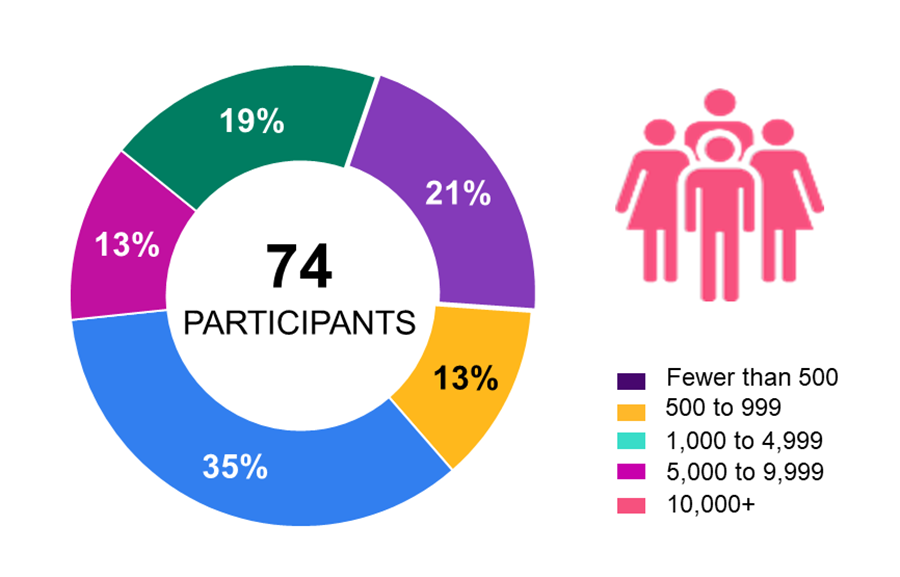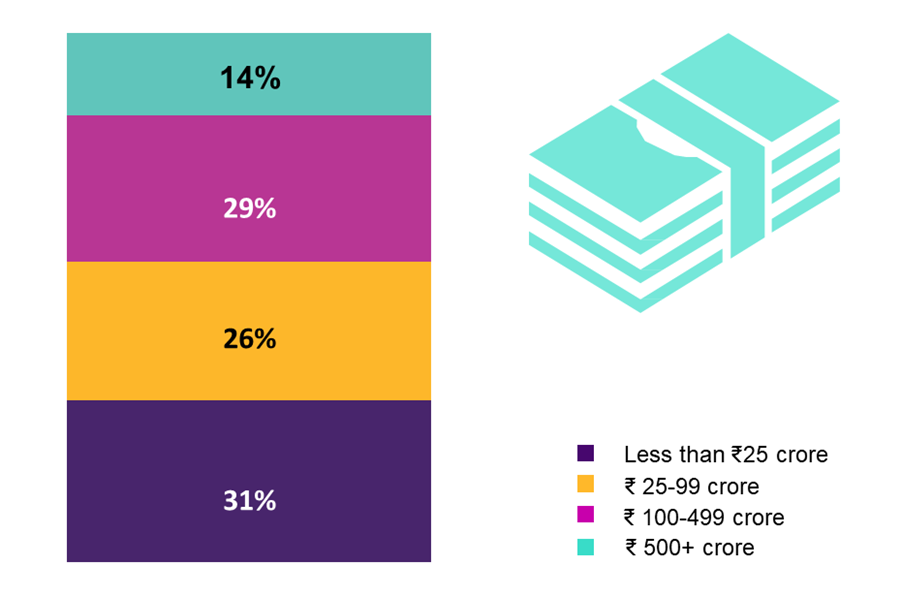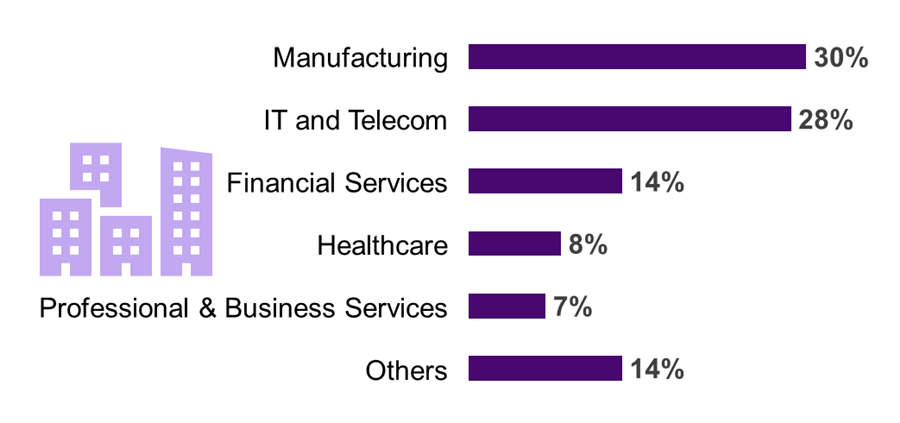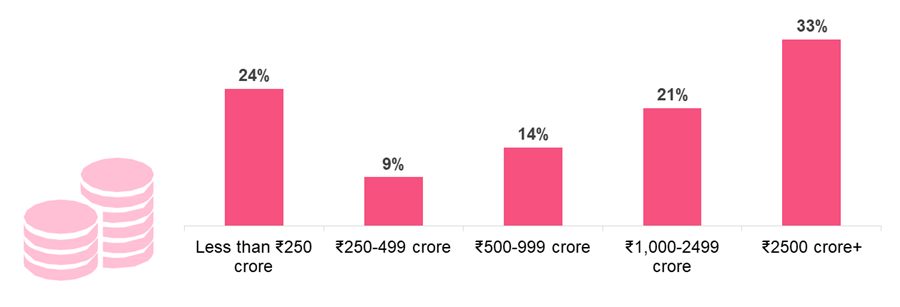Highlights of the key findings
Regulatory changes and labour reforms are likely to keep employers highly engaged in managing employee benefits. Containing cost, managing risk, and ensuring sustainability and compliance will be top priorities for employers.
WTW recently conducted the annual State of Retirement Benefits in India Survey to understand the issues that influence employers’ retirement strategy, how they manage these benefits, and how the market is reacting to various regulatory changes, as employers try to balance financial viability with the retirement needs of employees.
The State of Retirement Benefits in India Survey was run between December 2021 and February 2022 and covers responses from 74 employers from India.




Please complete the form to receive the executive summary. For more information, write to us.